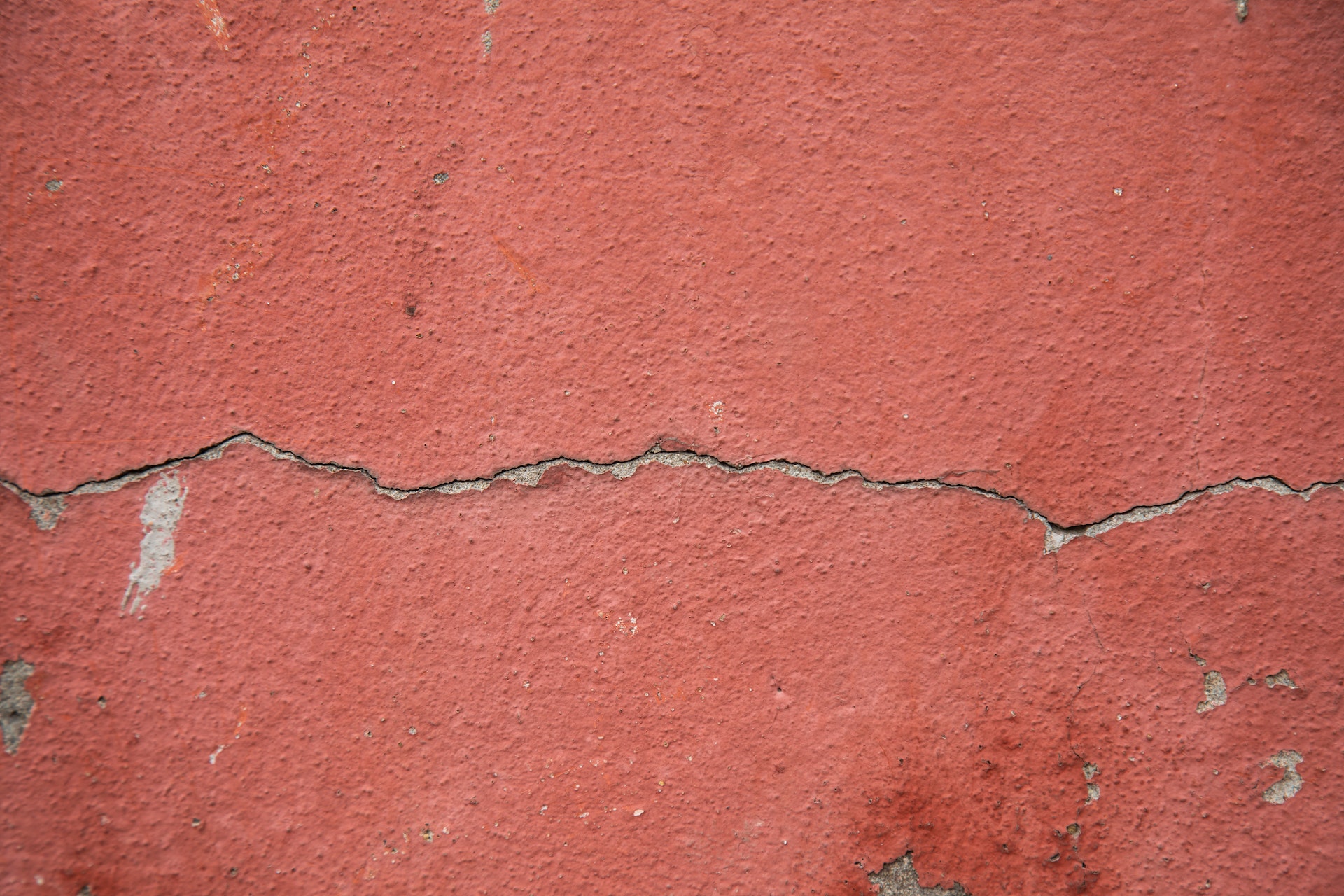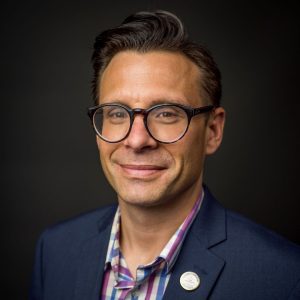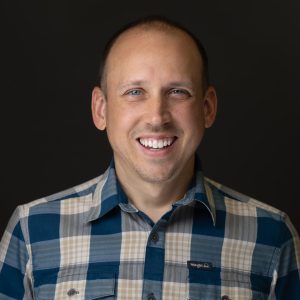The Supreme Court landmark ruling on Dobbs vs. Jackson Women’s Health Organization and consequent overturning of Roe v. Wade on June 24th is six months behind us. The leaked memo which disclosed the court’s majority opinion in early May left a sense of foreboding across the country. Concerns were not unfounded, as the thwarted attempt to assassinate justice Brett Kavanaugh proved.
If pro-abortion activists failed to change the court’s ruling by harming a standing judge, sporadic and localized vandalism to pregnancy resource centers across the country continues to inflict an economic and psychological toll. From California to North Carolina, vandals have defaced, tagged, and in some cases, fire-bombed various clinics up to the present.
Like the Klu Klux Klan, these deeds have been done under the cover of darkness. Whatever intimidation is intended, the decision to remain anonymous betrays, if anything, a lack of moral courage. It’s difficult to lead a revolution if you don’t show your face, yet intimidation can prove effective.
At a Wisconsin clinic, the phrase, “If abortions aren’t safe, neither are you” was imprinted with red paint. Vandals at other locales followed in form and content. Other sites were tagged with the words “revenge.” My wife commented on the significance of the red paint on the doors of pregnancy resource centers. The contrast to the blood on the doorposts of Hebrew homes in Egypt is hard to miss. Exodus 12:22 records the LORD’s instructions to, “Take a bunch of hyssop and dip it in the blood that is in the basin, and touch the lintel and the two doorposts with the blood that is in the basin.” Those Israelites who obeyed suffered no harm. Homes lacking the covering were not spared. It is a sobering reality that from whatever angle we approach this event, Yahweh did take the lives of Egypt’s firstborn sons.
Only God has the prerogative to determine when and how human life ends.
Wrestling with this startling mystery draws us to the moral crux of abortion’s legality in America. Only God has the prerogative to determine when and how human life ends. In Scripture, there are conditions, such as war, or self-defense, where killing is lawful, but human creatures are not autonomous agents, privy to take any life without temporal—and ultimately, eternal consequences. Faith in God’s revelation leads us to accept that his ways are just and true. He slew Egypt’s sons that night, but not by the hand of any Israelite.
As for Israel, a lamb’s blood functioned as a marker, a visible testimony of their faith that Yahweh had the power to judge and to save. And He did save—through blood.
Whether consciously or not, abortion activists understand—albeit in a twisted way—that sacrifice is required for liberation. Blood must be spilled. Like disobedient Israel and pagans through the ages, the lives of children must be offered up. Molech requires it. But Molech lies, or more properly, the demonic spirits lie through lifeless Molech. But the exchange is not death for life, but death for death.
Elective abortion employs the wrong authority, the wrong rationale, the wrong victim, and the wrong end. It wreaks spiritual destruction to all involved.
There is life, but only through the spilling of one man’s blood: the Lord Jesus Christ. As the writer of Hebrews so eloquently reminds us, Christ’s blood, “purifies our conscience from dead works to serve the living God,” and “redeems us from transgressions” (Hebrews 12:14, 15). It “speaks a better word than the blood of Abel” (Hebrews 12:24). No sacrifice remains, either of lambs or of children.
Here red brings not revenge, but redemption—even life eternal.

Hope in Suffering
Gateway student Matt Bodden is an evangelist who is ready to answer the question of suffering with the gospel.

The Gateway Journal of Theology Inaugural Issue
Read all new articles in the inaugural issue of The Gateway Journal of Theology.

Lessons from Twenty-Five Years of Preaching God’s Word
I am unashamedly an expository preacher. My first sermon, however, was not.




